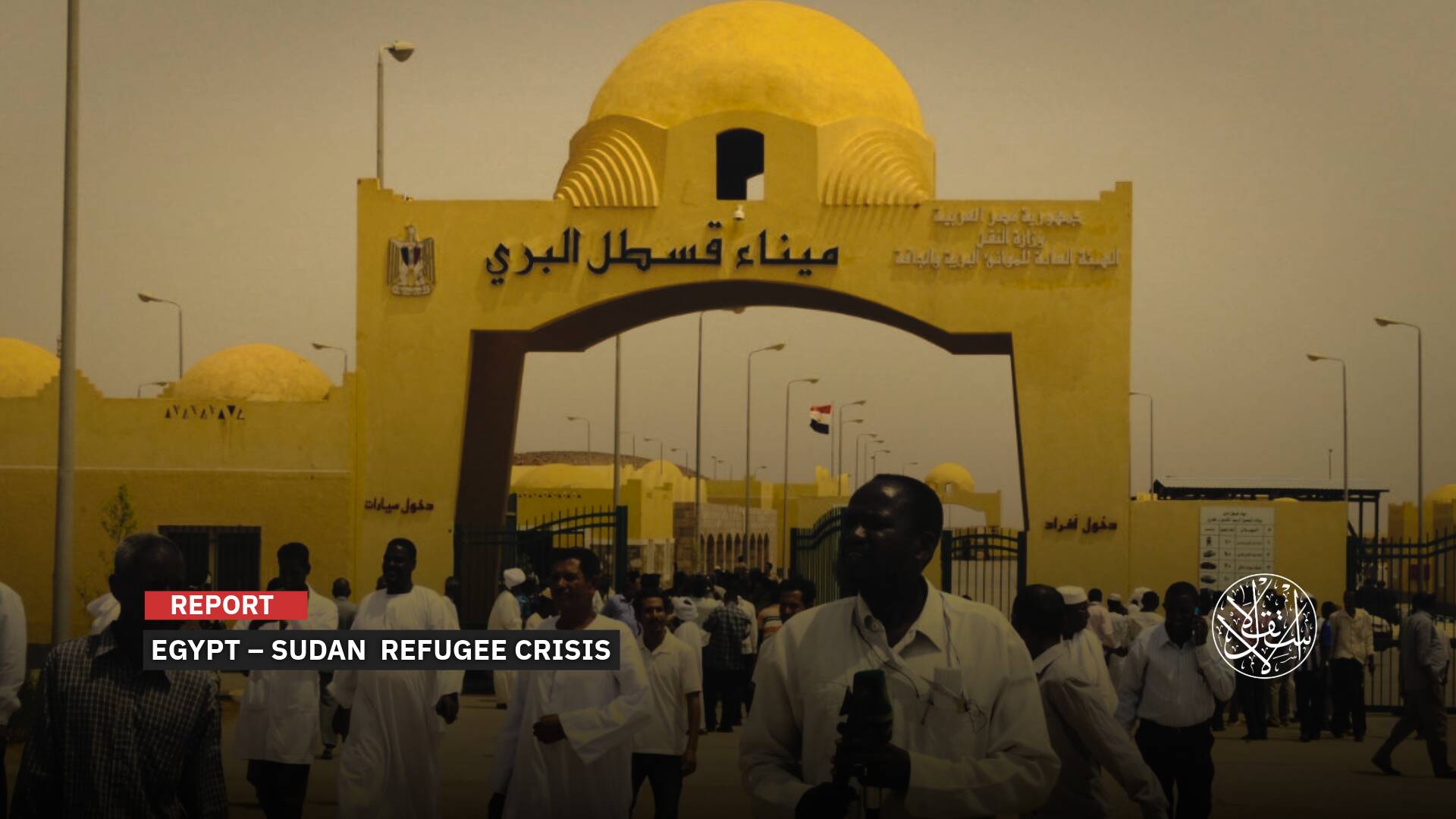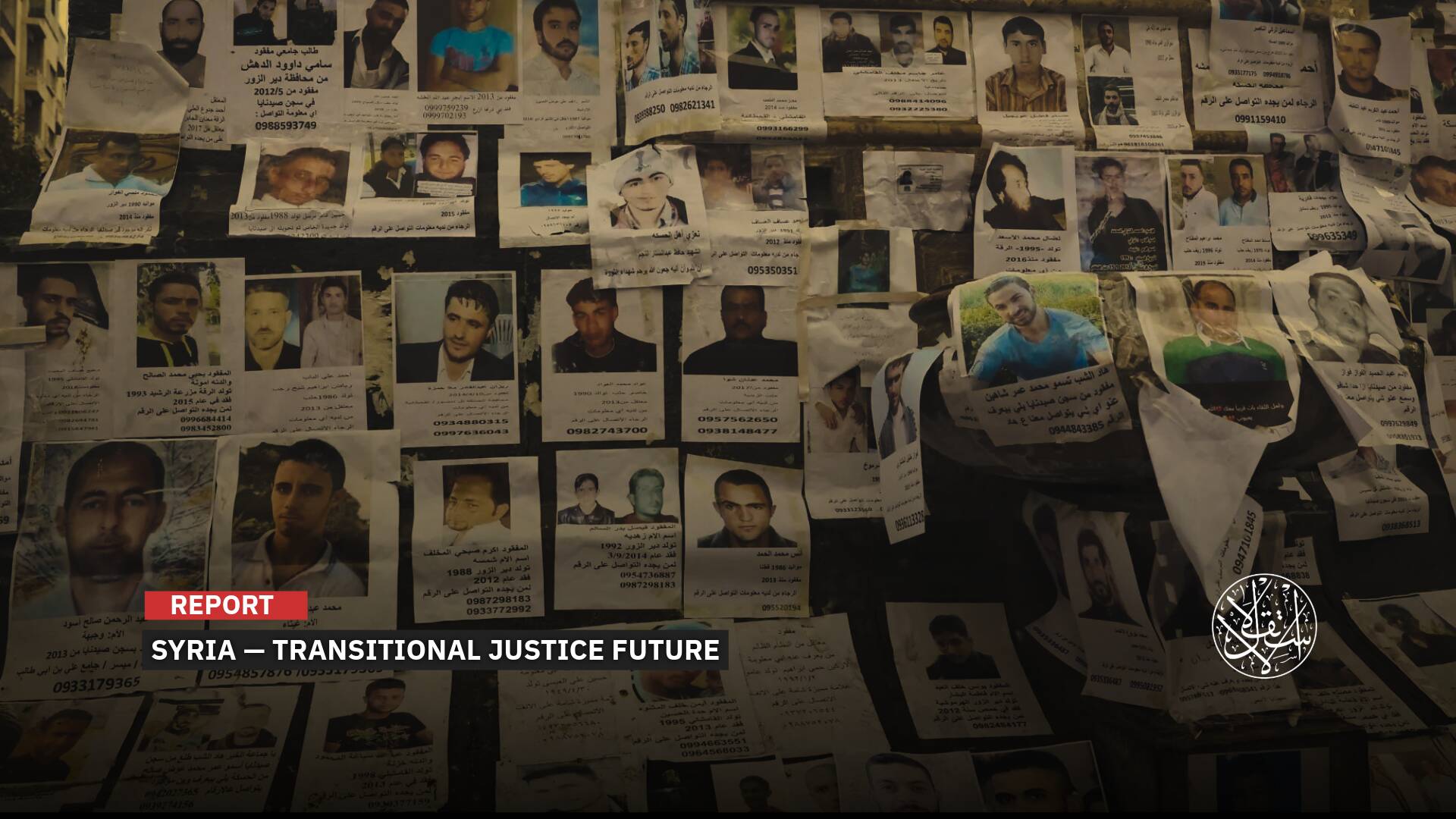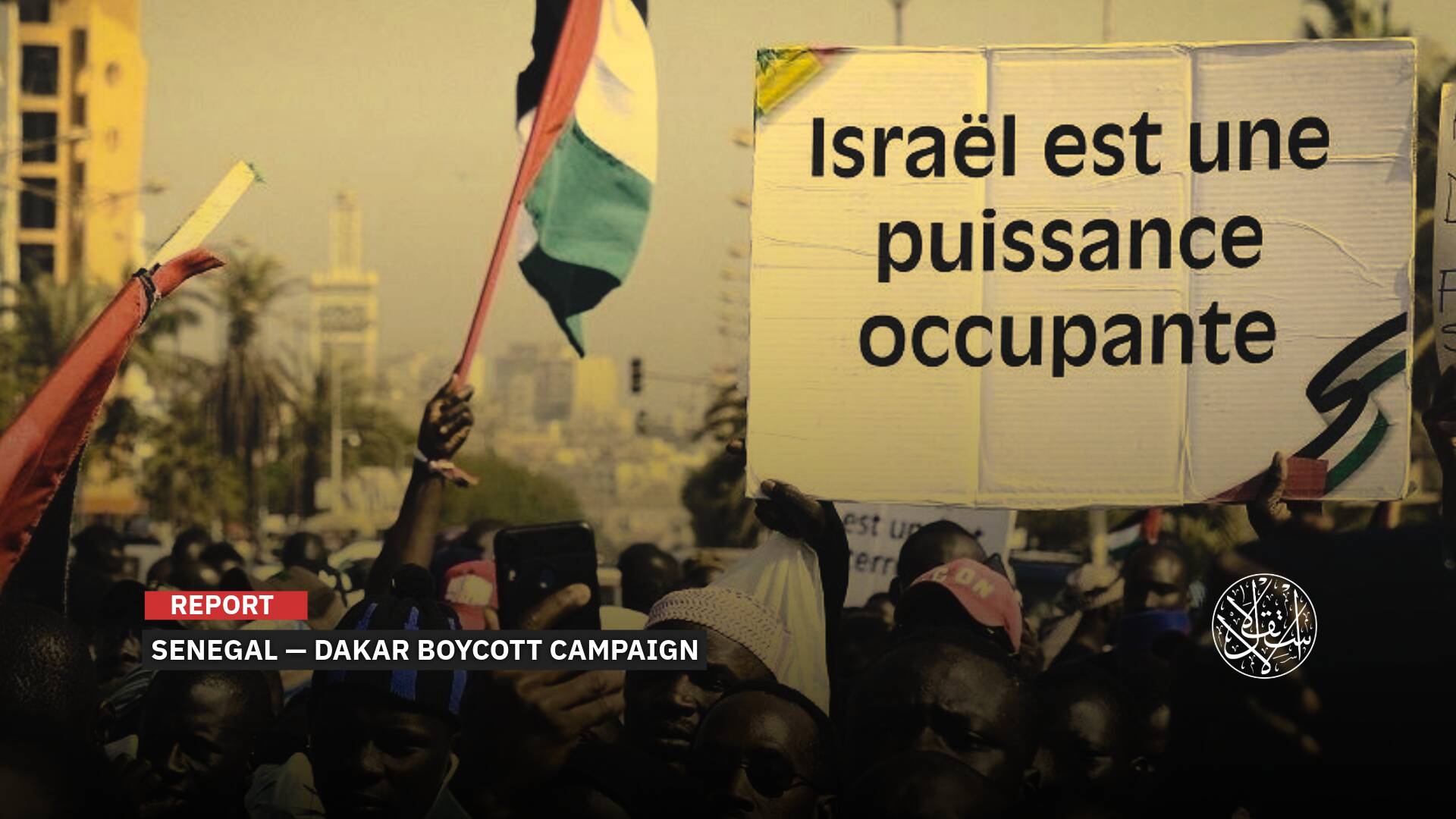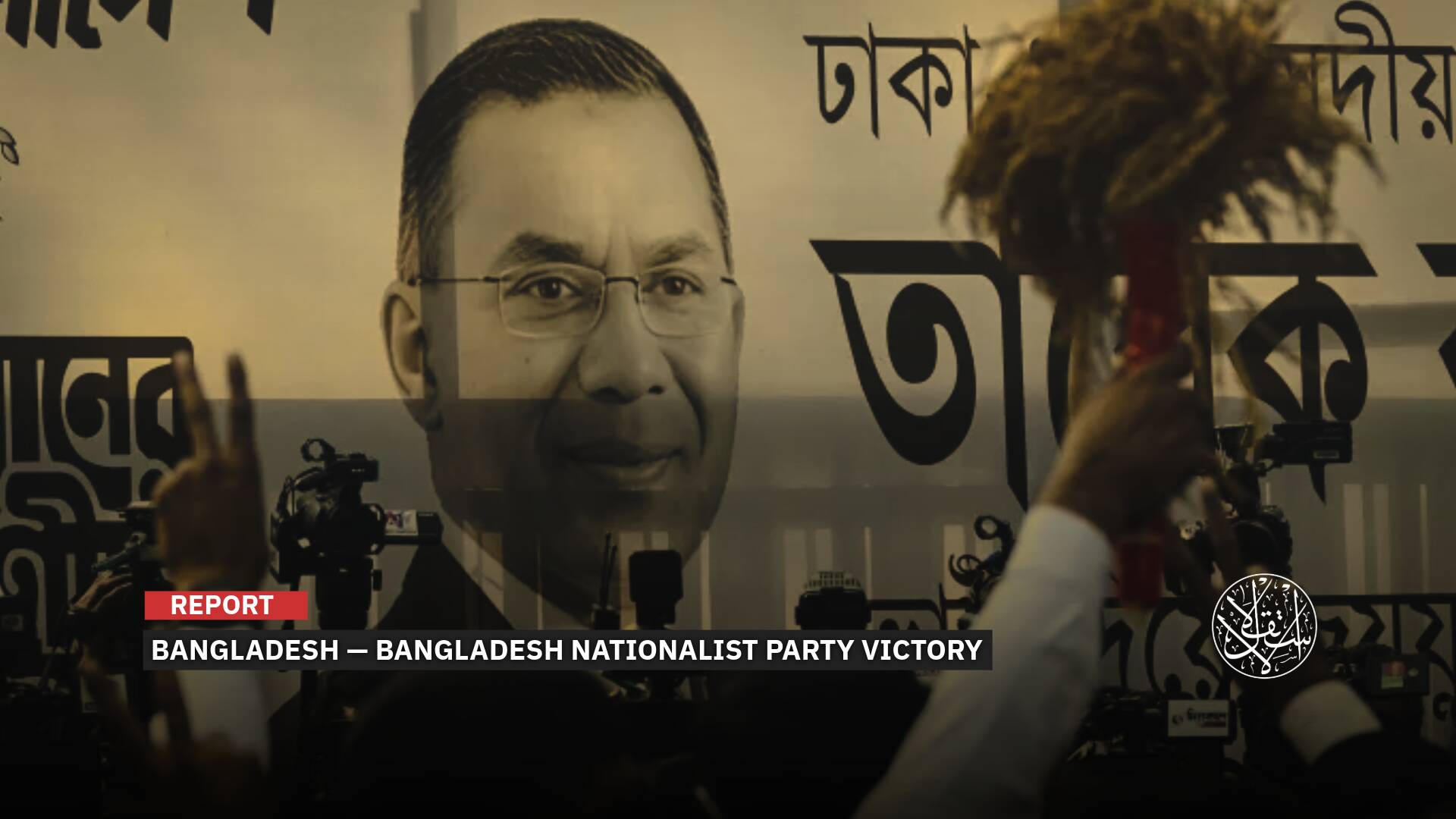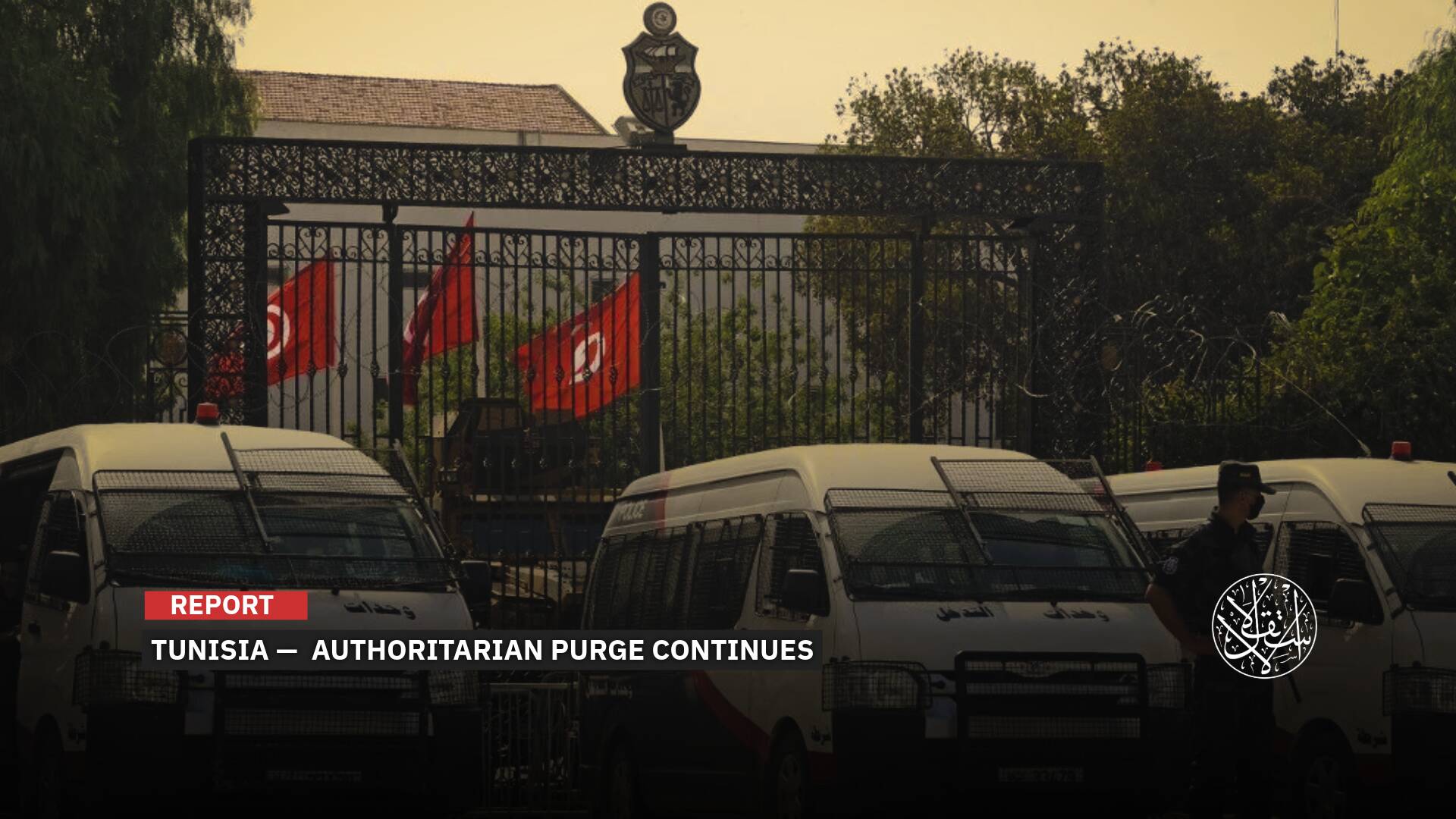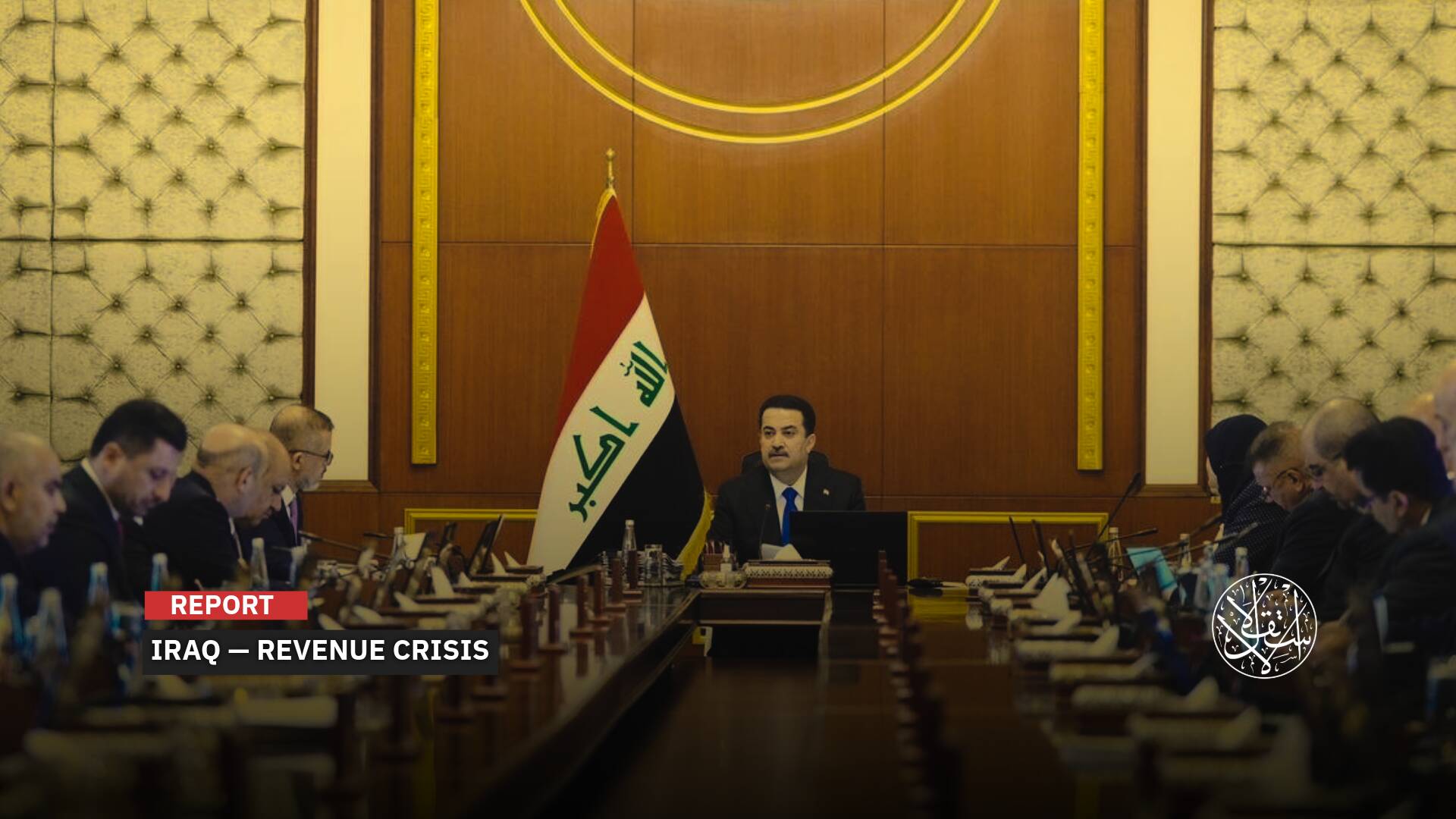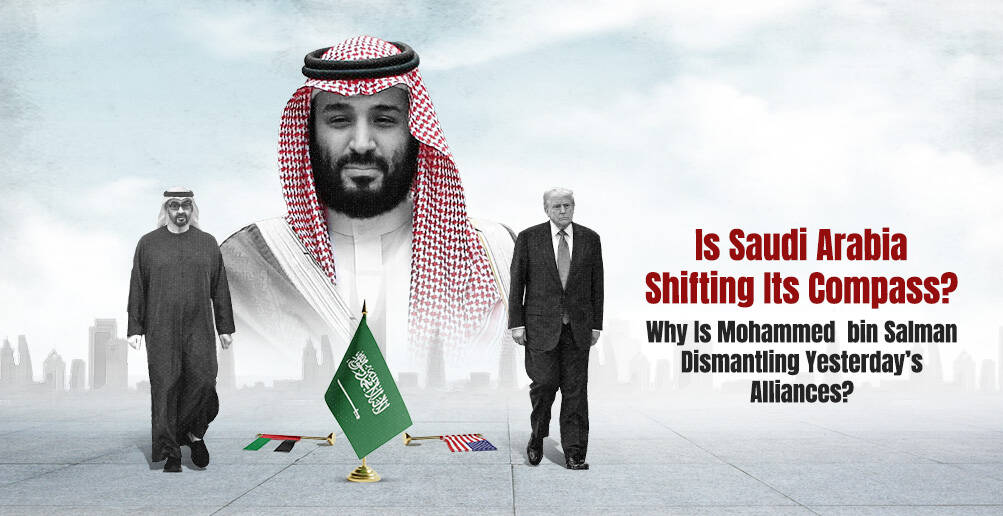Morocco’s Justice Minister Under Fire: The Fierce Campaign Against Journalist Hamid Elmahdaouy

What’s happening sends a negative political message—intentional or not—with revenge, rather than justice, as its central theme.
Amid mounting political and human rights criticism, Morocco’s Justice Minister, Abdellatif Ouahbi, continues to tighten the screws on journalists—pursuing them under the penal code rather than the country’s press and publication law.
Among the latest targets is independent journalist Hamid Elmahdaouy.
Elmahdaouy, editor-in-chief of the local news outlet Badil Info, revealed on May 26, 2025 that Ouahbi had filed two new complaints against him, adding to a growing list of legal cases he is currently facing in court.
Boundless Constraints
Elmahdaouy said the justice minister’s fresh complaints appear to exert pressure on the court panel currently interrogating him over a previous ruling, handed down in November 2024, which sentenced him to 18 months in prison and imposed a hefty fine of $150,000.
He also pointed out that the latest legal actions come in the wake of a decision by the interim committee overseeing the National Press Council—appointed by Prime Minister Aziz Akhannouch’s government—which revoked his professional press card on April 17, 2025.
The move was justified on the grounds that Elmahdaouy had allegedly used language deemed “unethical” by the committee.
He added that the complaints also came shortly after the Rabat Administrative Court upheld the interim committee’s decision on May 21, 2025—without, he claimed, reviewing the evidence he had submitted against the committee.
Elmahdaouy stressed that these developments form part of a broader, coordinated campaign against him, waged by dubious websites and social media pages, portraying him, in his words, as though he had been stripped of his rights as a Moroccan citizen.
On May 24, 2025, Elmahdaouy announced he had begun a hunger strike, without disclosing its location or duration.
He cited what he described as “severe psychological intimidation” directed at him and his family from various sources as the reason behind his decision.
Since February 2024, Elmahdaouy has been facing charges under the penal code, including “spreading and distributing false claims and information,” “defamation,” and “public insult,” in a case brought against him by Justice Minister Ouahbi.
These developments come amid a decision by the Rabat Court of Appeal on May 26, 2025, to postpone Elmahdaouy’s case hearing to June 2, 2025.
According to the local outlet Belpresse, the adjournment followed a request from the journalist’s legal team, who cited their client’s state of exhaustion and appealed for additional time to prepare.
Belpresse reported that Elmahdaouy was unable to stand during the final minutes of the hearing, prompting the judge to grant a postponement at the defence’s request.
The same court had previously adjourned proceedings on the evening of May 19, 2025, scheduling the next session for May 26 to allow for substantive discussions, following a marathon hearing that lasted ten hours.
Prior to that, the case saw another delay on May 12, 2025, when the hearing was postponed due to the addition of new members to Elmahdaouy’s legal team.
Elmahdaouy commands a large following on his YouTube channel, where his videos regularly attract high viewership.
Using a mix of colloquial and simplified Arabic, he is known for his outspoken criticism of businessman-turned-Prime Minister Aziz Akhannouch’s government, frequently highlighting alleged mismanagement and failings in public affairs.
A Crumbling Reputation
Amid these unfolding developments, Nabil Andaloussi, president of the Forum for Dignity for Human Rights, expressed his principled solidarity with journalist Hamid Elmahdaouy.
Speaking to Al-Estiklal, Andaloussi voiced regret over the course taken by Justice Minister Abdellatif Ouahbi, warning that it risks tarnishing the country’s human rights reputation, particularly given the symbolic weight of the ministry he represents.
Andaloussi acknowledged that the justice minister, like any Moroccan citizen, has the right to seek legal recourse.
However, he cautioned against what he described as the abusive use of that right, particularly when journalists are prosecuted under the penal code instead of the press and publication law.
The targeting of a specific journalist through multiple legal actions by a sitting minister, he said, is deeply troubling.
“What is happening sends a troubling political message,” Andaloussi added. “Whether intentional or not, its defining feature is not the pursuit of justice, but the spirit of retaliation.”
The head of the Forum for Dignity stressed that “the abusive use of legal recourse runs counter to the spirit of the royal initiative that granted amnesty to several journalists, and does nothing to improve Morocco’s human rights image.”
On July 29, 2024, King Mohammed VI issued a royal pardon for a number of journalists, including Taoufik Bouachrine, Soulaimane Raissouni, and Omar Radi—a move that was widely praised by political parties and human rights organizations across the country.
In an analysis of the underlying motivations behind the campaign against Elmahdaouy, political analyst Ali Fadli said the journalist’s real troubles began when he shifted from attacking the Justice and Development Party to aligning with it, defending the party on a range of issues and even praising its work.
Fadli told Al-Estiklal that this change became clear through Elmahdaouy’s interviews with party leaders, culminating in a high-profile meeting with the party’s secretary-general, Abdelilah Benkirane.
He added that Elmahdaouy had on several occasions hosted the radical left-wing human rights activist Aziz Ghali, despite his controversial positions, as well as other opposition figures.
Yet, this did not provoke nearly the same level of sensitivity as his engagement with the Justice and Development Party, particularly in its reformist iteration, through a well-known journalist with a large following.
Fadli went on to explain that hosting radical figures does not trouble certain factions; on the contrary, it serves their agendas and political positioning.
Even some media outlets aligned with those groups have themselves welcomed Aziz Ghali and similar voices without issue.
Fadli stressed that the real issue for these factions is the convergence between a reformist party like the Justice and Development Party and a widely followed, popular media figure.
The party, he noted, confronts these groups head-on, operating within established institutions while principledly defending the nation’s core values.
For this reason, the political analyst explained, “every media platform aligned with the Justice and Development Party has been targeted, because the aim is to ‘contain’ a reformist agenda rooted in the country’s foundational principles—one that stands firmly against corruption and champions reform, democracy, and freedom.”
“The current Elmahdaouy is not the same as the Elmahdaouy of the past; he has revisited some of his views and admitted to being mistaken on certain points,” Fadli added.
He argued that Elmahdaouy’s strength lies in his foundation on the nation’s core principles, and in his ability to resist the traps set to provoke emotional reactions that could lead him into forbidden territory.
Fadli emphasized that the leadership of the Justice and Development Party must prioritize the issue of the targeting of Elmahdaouy, noting that this latest assault clearly concerns freedom of expression and the political use of the interim committee managing the press sector to settle scores.
He added that the committee is also being deployed to stifle voices that uphold the nation’s core values and call for democracy and reform, using intimidation tactics against journalists in their work, in hosting and advocating for the opinions they hold, and in supporting and defending reformist democratic parties.
A Strong Public Response
A growing number of activists and observers have criticized the treatment of journalist Hamid Elmahdaouy by the justice minister, warning of the wider repercussions if this crackdown on free and independent press continues.
In this context, lawyer and former deputy speaker of the House of Representatives Amina Maelainine said, “Another summons for journalist Hamid Elmahdaouy every day—what exactly is going on, what threat does he pose, and how serious are the legal charges being brought against him?”
Maelainine stressed in a Facebook post that it is unacceptable to foster a climate of persecution or to intensify administrative and legal harassment against anyone.
She added that when the individual in question is a journalist, and the matter concerns issues of press freedom and expression, extra caution must be exercised to safeguard legal protections and uphold freedom of speech.
Maelainine argued that such freedoms require robust protection, especially when they are exercised responsibly, steering clear of defamation, fabrication, insults, and slander that plague many so-called news sites and numerous unregulated social media pages operating without professional oversight or legal accountability.
Meanwhile, Abdellatif Soudou, president of the Justice and Development Engineers Association and former deputy mayor of Sale, condemned Justice Minister Ouahbi’s latest legal actions against Elmahdaouy, saying, “What a shameful politician, what a shameful minister […] What kind of justice is this? Why target journalists?”
Mohamed Elhilali, head of the Moroccan Centre for Contemporary Research and Studies, responded by asking, “Where are the intellectuals and thinkers as freedom of expression and the press come under attack from the executive branch led by the justice minister?”
He warned that the current situation demands a statement from Morocco’s intellectuals, thinkers, and defenders of free speech condemning the government and justice minister’s disgraceful conduct—allowing the justice system to flounder while focusing instead on lawsuits against the free press and freedom of expression, and using propaganda and defamation outlets to incite against the exercise of free speech.
Novelist and writer Abdelaziz Abdi expressed bewilderment at the treatment of journalist Hamid Elmahdaouy, writing on Facebook, “No sane person, regardless of their differences with him, can help but say, ‘There is no power nor strength except through God.’”
He emphasized that, whatever the verdicts against Elmahdaouy may be, they ultimately represent yet more losses for a country already burdened by the wounds of injustice and corruption, to which they are now adding the case of Hamid Elmahdaouy.
Widespread Solidarity
The legal actions and pressures faced by journalist Hamid Elmahdaouy have sparked widespread solidarity across Morocco’s human rights community.
Hassan El Yousfi, head of the Justice Centre for Human Rights, told Sawt al-Maghrib on May 26, 2025, that “the battle he is fighting is a battle for all of us, a fight to defend what remains of free press in Morocco.”
He added that the centre has been closely following the serious and rapid developments in Elmahdaouy’s case, particularly as the campaign against him has escalated to include the public defamation of him and his family members.
El Yousfi said these actions are orchestrated by specific parties aiming to silence a free-spirited journalist by any means necessary, resulting in unprecedented intimidation not only of Elmahdaouy but also of his relatives.
In the same vein, el Yousfi expressed his astonishment at the decision of the interim committee managing the press and publishing sector, which refused to renew Elmahdaouy’s press card without providing a clear legal justification, despite his appeal to the administrative court to challenge the ruling.
The human rights advocate emphasized that the administrative court’s judgment was preliminary and subject to appeal and cassation, in line with the principle of multiple levels of judicial review.
He also warned of the dangers posed by a new media campaign launched simultaneously with the court ruling, which deliberately spread false information suggesting the judicial decision was final.
El Yousfi stressed that this amounted to a blatant attempt to mislead public opinion, creating the impression that certain entities are now able to make political and administrative decisions outside the bounds of the law and constitution.
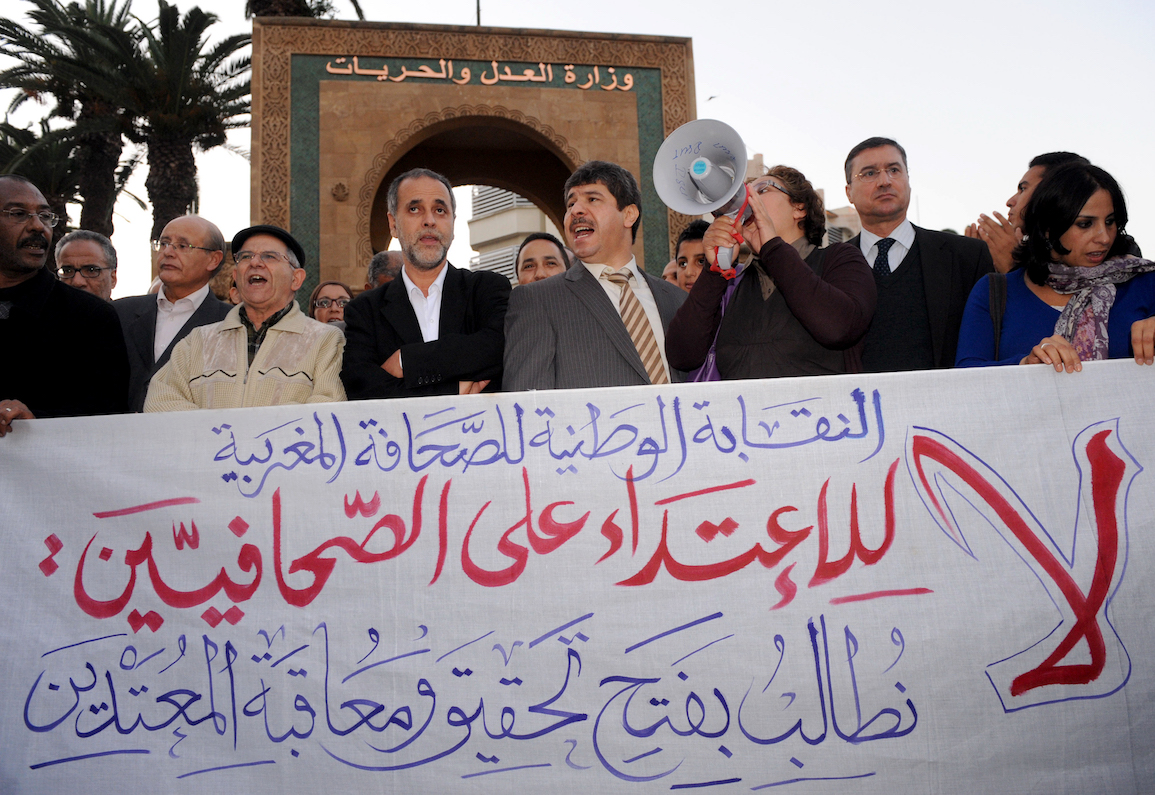
This troubling rollback in press freedom and the escalating targeting of journalists were also highlighted in the latest report from Reporters Without Borders, published in early May 2025.
The report noted that since the National Rally of Independents (RNI) party’s victory in the 2021 legislative elections, Prime Minister Aziz Akhannouch has intensified legal actions against journalists critical of his government.
It added that Akhannouch has leveraged his financial power to influence the editorial lines of major media outlets, while imposing financial constraints on platforms opposing the government.
The report stated that “media plurality in Morocco has become little more than a façade, failing to reflect the country’s political diversity amid heavy pressure on independent outlets and ongoing restrictions on the right to access information.”
“The alliance between wealth and power obstructs the press’s ability to cover issues of public sector corruption, with any attempt to expose such corruption now carrying severe legal and financial risks.”
The organization emphasized that “while the recent release of several journalists offered a glimmer of hope, government critics remain frequent targets of legal prosecution, especially as the 2026 elections approach.”
“The prime minister is using his powers to curb press freedom, alongside justice minister Abdellatif Ouahbi’s intensification of legal actions against journalists,” the organization added.
Legally, the report noted that while the Moroccan constitution guarantees freedom of expression and the right to access information, and prohibits prior censorship, “these provisions are not effectively enforced.”
It added that despite the abolition of prison sentences under the press law, criminal codes are still used to prosecute journalists.
“The lack of sufficient legal safeguards for protecting freedom of expression and the press, coupled with weak judicial independence, compels journalists to practise self-censorship,” the report concluded.


